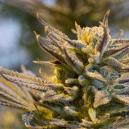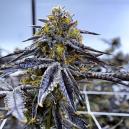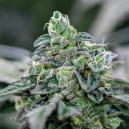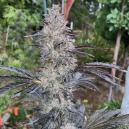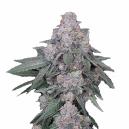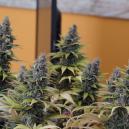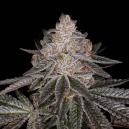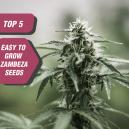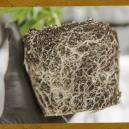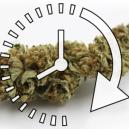The nutrients for cannabis plants
Published :
Dec 11, 2014
Categories :
Cannabis cultivation

As with any other type of plant, cannabis requires a certain combination of nutrients for optimum growth and potency. For most growers, nutrient deficiencies are the most common problems facing their potential crops.
Most deficiencies have "tell tale" signs that make it easy to diagnose and work towards ameliorating the problem. What follows is a list of the most common nutrient deficiencies and how they manifest themselves in your cannabis plants.
These problems can be easily fixed by providing the plant whatever it is lacking in. Be sure to take care when adding nutrients not to add too much too fast as this can also have a damaging effect on the plants.
too many nutrients
Sometimes, our plants just have too much of a good thing. This is most often marked by leaf burn or yellowing at the tips of the leaves.
zinc (Zn)
When your plants are lacking in zinc they will start to show white patches between the veins of the plant or at the tips of the leaves.
nitrogen (N)
This is one of the most important substances for a plant. Symptoms of nitrogen deficiency include reddening stems, retarded growth, a dull or dingy leaf appearance, and yellowing of the leaves. This most often starts at the bottom of the plant before spreading upwards.
sulfur (S)
Those most common sign of a sulfur deficiency is noticeable yellowing on the new growth of the plant.
magnesium (Mg)
This deficiency most often starts to show itself in the middle of the plant. While the veins of the plant will remain a vibrant dark green, the leaves will begin to yellow and may even turn white in places. This will start to travel up the plant if left untreated.
Boron (b)
A boron deficiency is often marked by a graying of the plant as well as an appearance of burnt leaves.
phosphorus (p)
There are a variety of symptoms displayed when there is a phosphorus deficiency. Firstly, the lower leaves of the plant will begin to darken. The plant will begin to have very stunted growth and the leaves of the plant may begin to die if left untreated.
manganese (mn)
When a plant is deficient in manganese, the top leaves of the plant are afflicted. The top leaves of the plan will begin to yellow and die when there is a prolonged deficiency of this nutrient.
calcium (C)
When the plant is deficient in calcium, the soil of the plant is becoming too acidic.
potassium (k)
Potassium is similar to Nitrogen and Phosphorus, has similar symptoms and has curling leaf ends when they die. Also the plant get stretched.
Nutrient deficiencies are the most common issue facing most cannabis growers. While vigorous and strong when grown exactly right, cannabis can be a bit tricky at times. It can be difficult to get all the nutrients exactly right and anomalies and errors do occur. Understanding the different types of deficiencies, how they appear on the plant, as well as how to fix the problem, will help to ensure the best crop possible.









.PNG)














